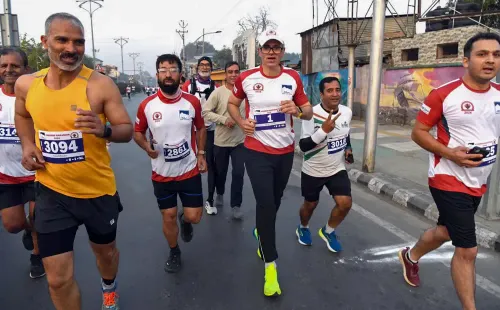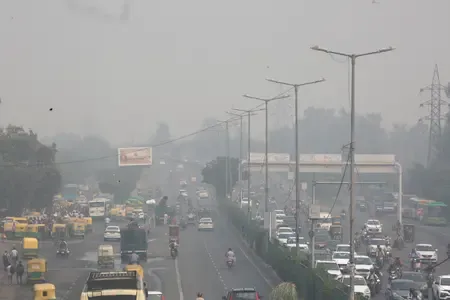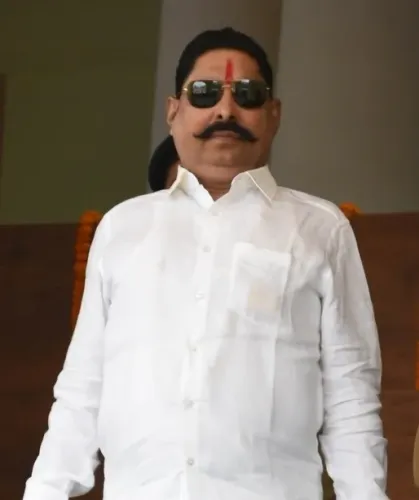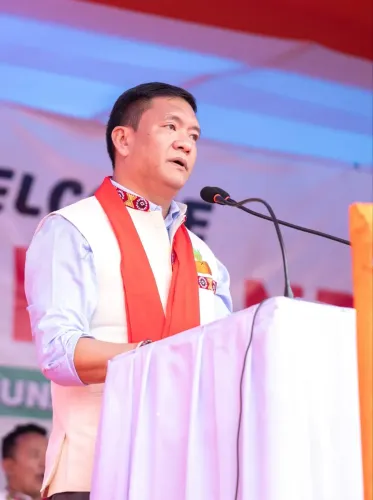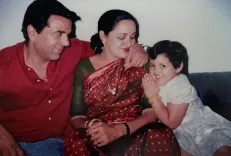Will MP Govt Honor Raja Bhabhut Singh in Upcoming Cabinet Meeting?
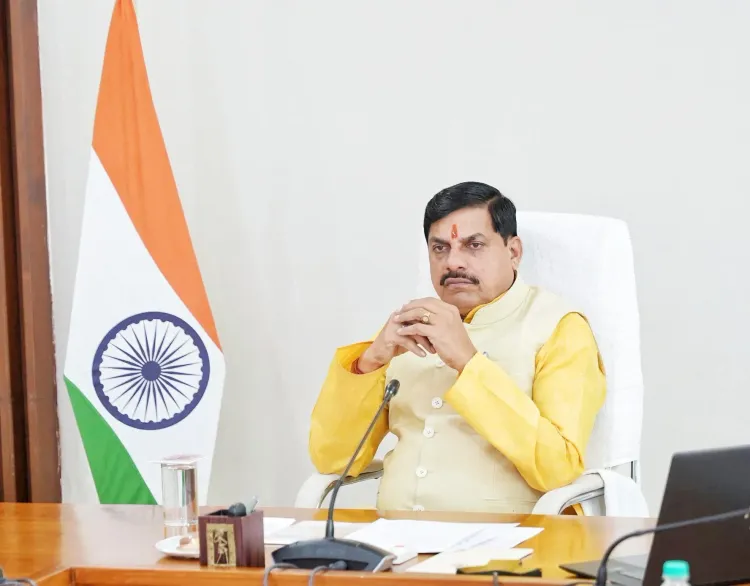
Synopsis
Key Takeaways
- Madhya Pradesh's cabinet will meet in Pachmarhi on June 3.
- The meeting aims to honor Raja Bhabhut Singh's legacy.
- Singh was a key figure in the 1857 uprising against British rule.
- Plans for a statue and recognition of Singh are underway.
- Pachmarhi has historical significance as a resistance stronghold.
Bhopal, May 27 (NationPress) The Madhya Pradesh government, led by Chief Minister Mohan Yadav, is set to hold its next cabinet meeting on June 3 in Pachmarhi to pay tribute to Bhabhut Singh, the revered chief of the Korku tribe, also known as the 'Shivaji' of the Gondwana kingdom. Singh was a significant figure in the fight against British colonial rule during the 1857 uprising, employing guerrilla warfare strategies that continuously troubled British forces.
Born to a Jagirdar family in Pachmarhi—a region that once consisted of only 30 huts—he is a notable representative of the Korku tribe in Madhya Pradesh.
“The cabinet, which recently honored Devi Ahilyabai Holkar, will now convene in Pachmarhi to celebrate Singh's remarkable legacy,” announced Kailash Vijayvargiya, the Urban Development Minister, on Tuesday.
Hailing from a family that had historical ties to resistance, Singh's grandfather, Thakur Mohan Singh, had previously fought alongside Peshwa Appa Saheb Bhonsle.
His guerrilla tactics earned him the moniker 'Shivaji of Narmadachal or Gondwana kingdom.'
“His lasting impact continues to be a source of inspiration, and this cabinet meeting aims to preserve his memory. As the Raj Gond kingdom of Central India succumbed to British control, Pachmarhi became a bastion of resistance,” the minister highlighted.
During this tumultuous period, rebel leader Tatya Tope found refuge in the area, collaborating with Raja Bhabhut Singh.
A protracted conflict ensued between Raja Bhabhut Singh and the Madras infantry along the banks of the Denwa River near Matkuli, where British forces struggled to capture him.
While Tope was ultimately captured and executed in 1859, Singh continued his guerrilla warfare from the Satpura Mountains, conducting raids against British troops until his capture and execution in 1860 at Jabalpur jail. His defeat facilitated British expansion into the Mahadeo Hills, signifying the onset of their dominance over the region’s forests.
Official documents from the Madhya Pradesh State Archives attest to these significant events, emphasizing Singh's lasting legacy.
“In recognition of his contributions, the government is contemplating erecting a statue, naming an institution in Narmadachal after him, and dedicating a garden in Pachmarhi to honor his memory,” the minister noted.
Previous efforts to establish a statue were initiated nine years ago by the BJP government in Matkuli but were never actualized.
The Mohan Yadav administration is now determined to bring this project to fruition.
During a session in Indore on May 20, dedicated to Ahilyabai Holkar, he reiterated his commitment to preserving the legacy of Raja Bhabhut Singh.

